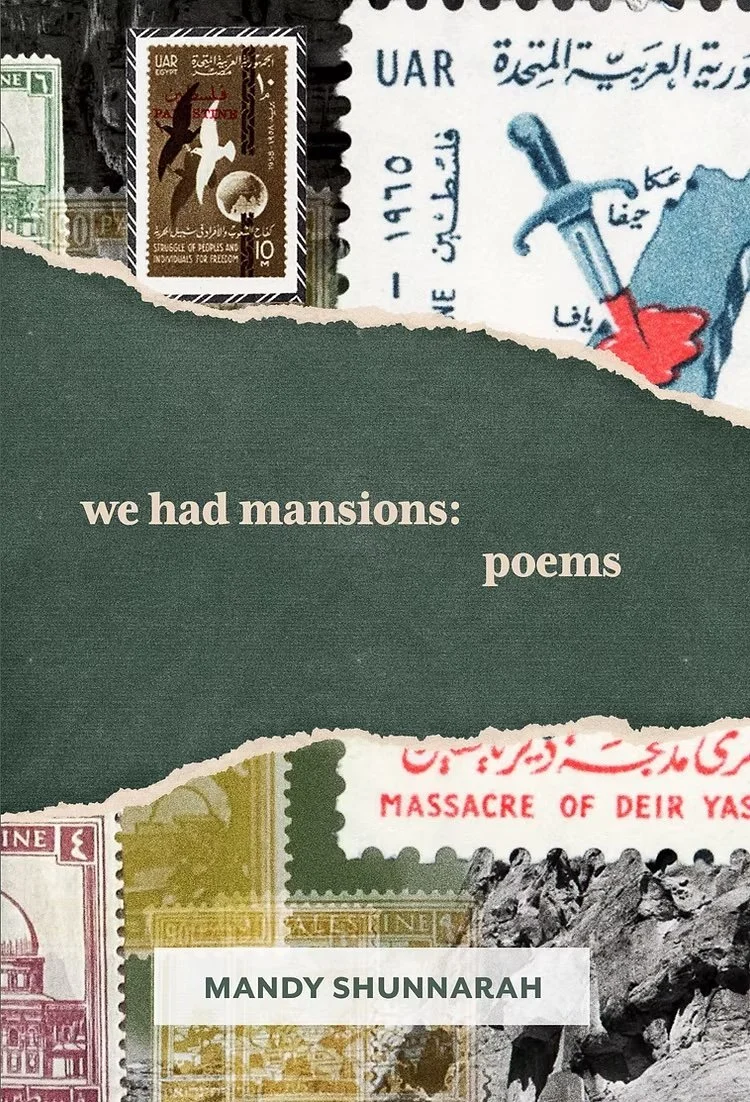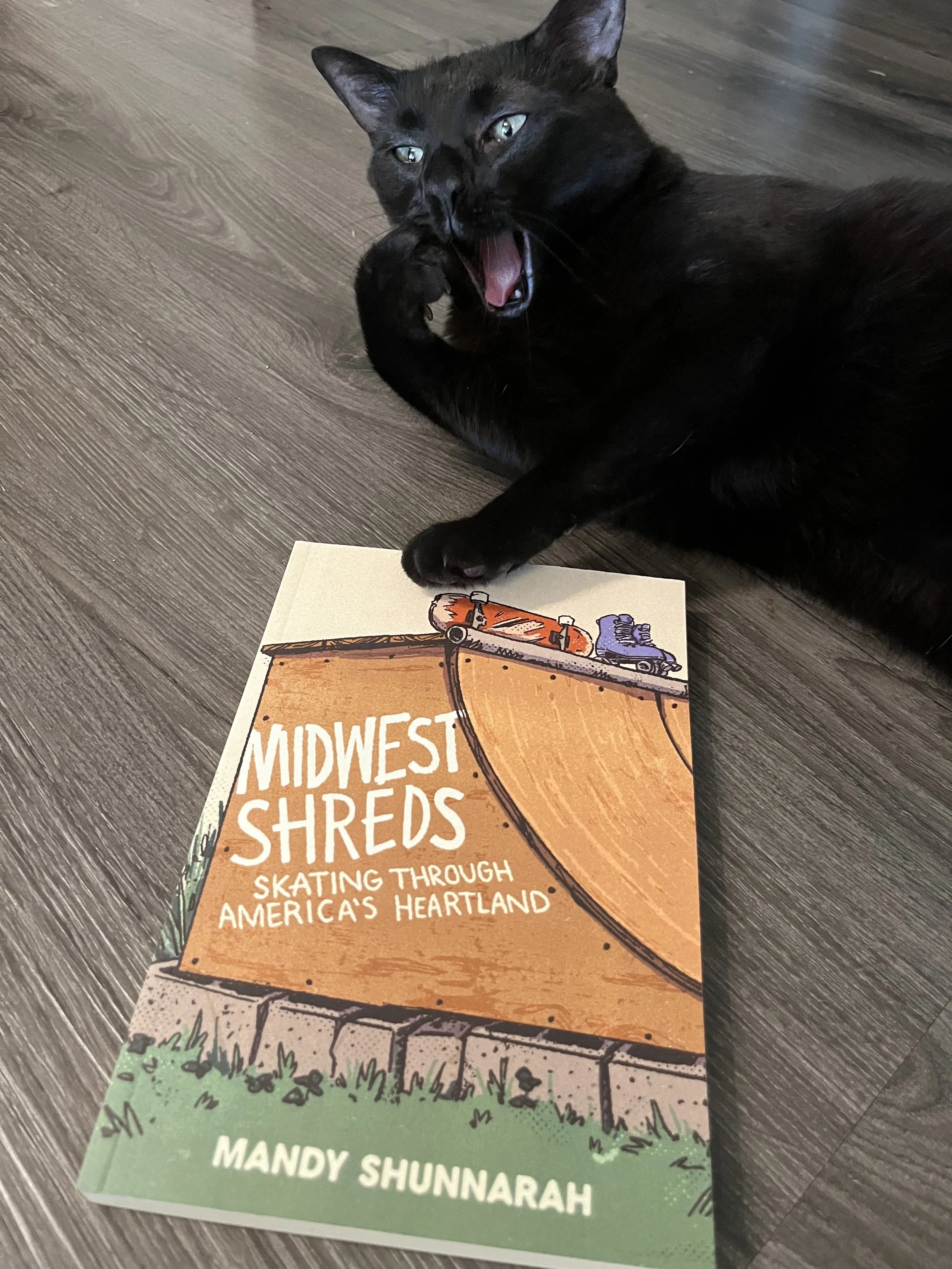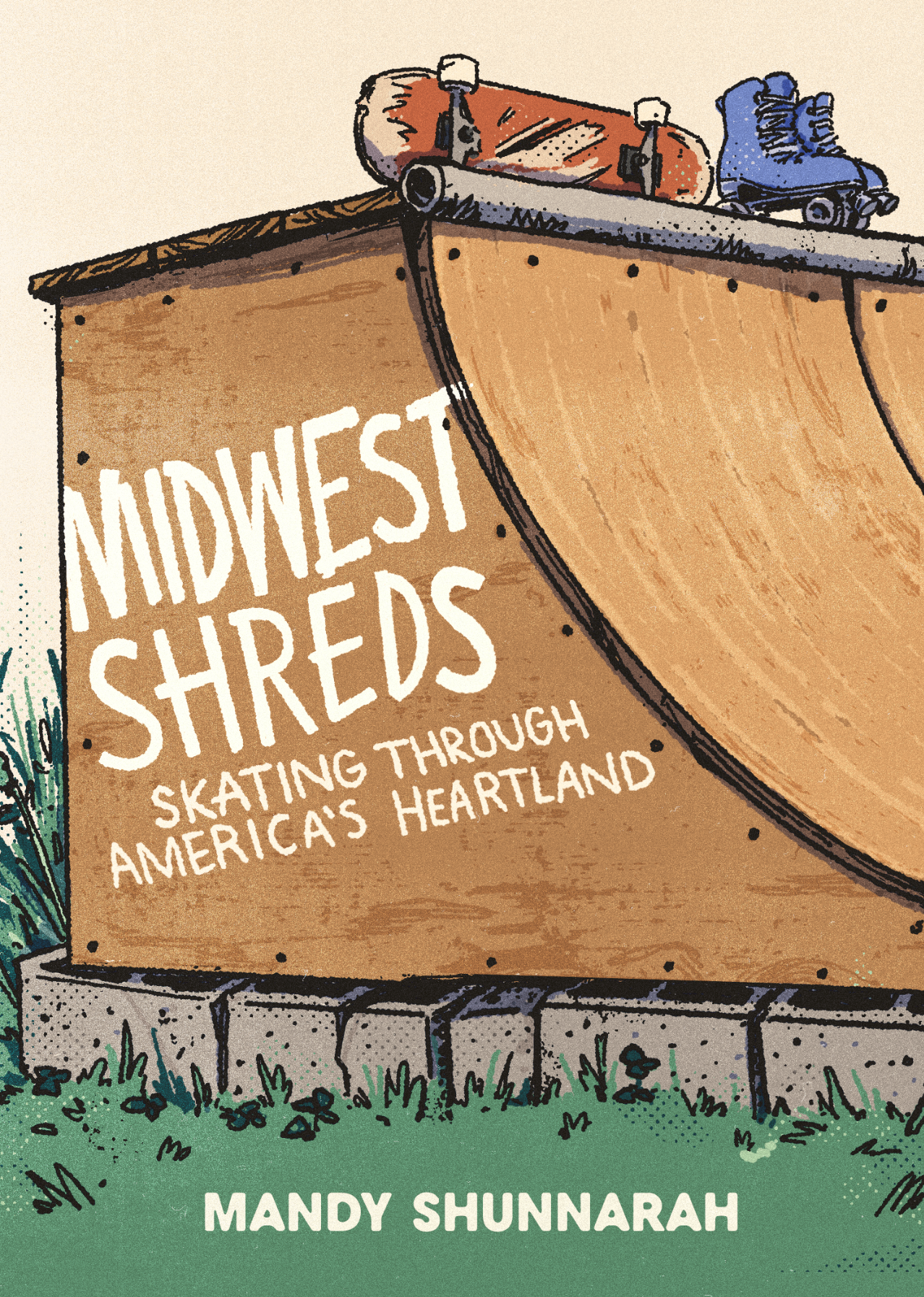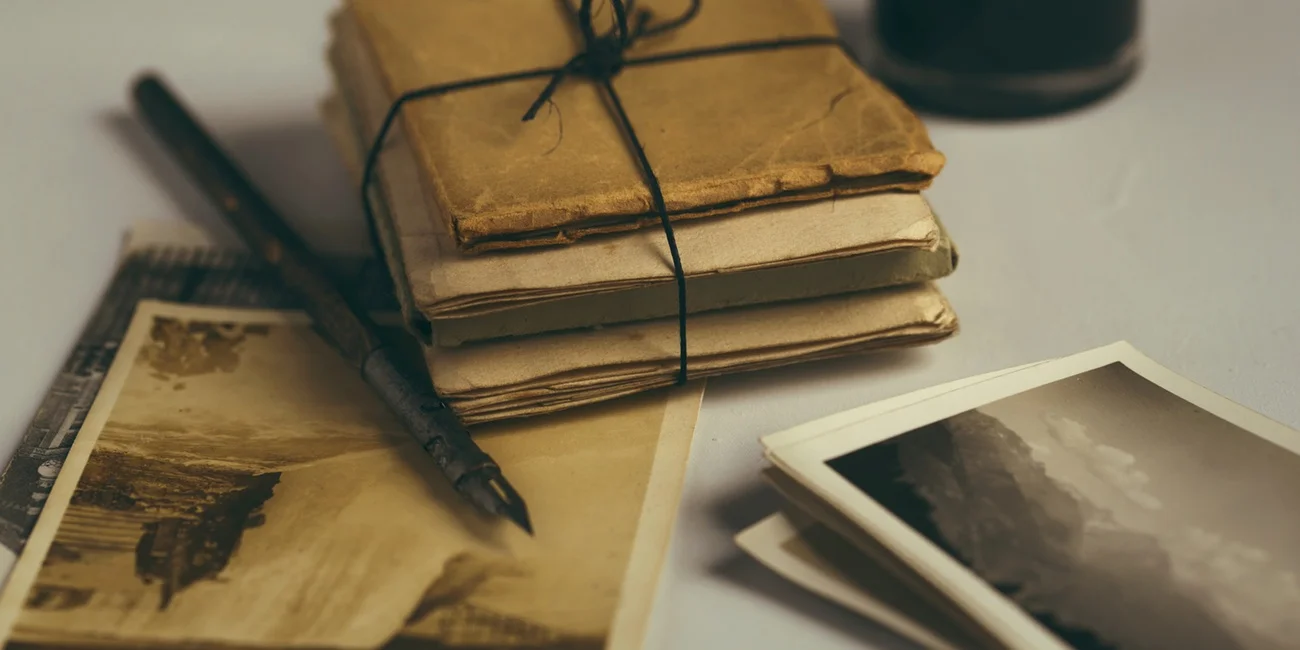The Coolest Thing You Didn't Know About Poetry
Source: unsplash
I know what you're thinking: Boo, poetry. Ugh. Who needs it.
With its often cryptic meanings and general inability to be understood without Google nearby and the awful memories of being asked to decode these cryptic messages (sans Google) in high school, I've been known to air my frustrations with poetry too.
Then this past weekend happened. My boyfriend and I got stuck in another town with my family and we found ourselves in a coffee shop. That isn't unusual, but the fact that neither of us had brought anything to read was. We normally carry books with us everywhere we go, but we were spending the weekend with my family whom we expected to do things other than shop in country boutiques, so we hadn't brought anything to read.
As book nerds, this is a small crisis.
It's not that we couldn't talk to each other, but we do that every day. Luckily, the coffee shop we found had several shelves of books.
My boyfriend is a book polygamist. He thinks nothing of starting a book, reading a quarter of it, and putting it down indefinitely to read something else. While I've seen him finish many books, I've lost count of how many he's currently in the middle of. He quickly found something he liked and sat down to read.
I'm a little harder to please. I have a ton of books to read right now, so I didn't want to start a long novel that, not being a book polygamist, I wouldn't be able to put down. The only books of short stories I saw were either Gabriel Garcia Marquez's, which I already own, or they didn't seem interesting. I wanted something I could enjoy that I could finish within two hours. This was proving difficult.
Then I saw a slim volume called A Wedding in Hell. Okay, never heard of it, but sounds interesting. I removed it from the shelf and discovered it was poetry. I shrugged and thought, What the hell as I sat down to read.
Let me tell you, this poet isn't like others I've read. Charles Simic didn't seem bent on confusing readers just to prove he's smart. If there was a cryptic meaning in his poems, I found that I enjoyed them just fine without knowing it. The only context I needed to understand the poems was in the title of each poem and the poet's short bio: "Charles Simic was born in 1938 in Yugoslavia and had a traumatic childhood during World War II."
I found myself reading and re-reading the poems and marveling at lines that said so much with so little. Lines like "History licked the corners of its bloody mouth."
As I read, I wondered if the volume was fiction or nonfiction. Were the poems really based on Simic's life or the life of someone he knew? Or were they more or less historical fiction---based in a past reality, but not biographical in nature?
I checked the back of the book and found the genre listed as Poetry. While I wasn't surprised by this, I thought it interesting how ALL other genres indicate whether a work is fiction or nonfiction. If I tell you a book is Business, you know that's nonfiction. If I tell you a book is Romance, you assume it's fiction despite the fact that romances do occur in everyday life, though authors typically do not publicize their own romantic encounters except perhaps in Self-Help. Even then, you assume Self-Help is nonfiction. And if I tell you a book is Mystery, you assume it's fiction because otherwise I would have told you it's True Crime. Every genre comes with a fiction or nonfiction label or implication. Except one.
I realized that Poetry is the ONLY genre where you have no idea if you're reading fiction or nonfiction.
But the real question is, does it matter? Does it matter if some simile or metaphor or allegory is to be taken literally or figuratively? There are metaphors in nonfiction, so does that really make a difference? Is poetry some higher art that transcends the bounds of fiction and nonfiction where other works are defined by the labels placed upon them?
Or is the goal of poetry to speak so deeply to the human experience that we're meant to assume all poems are nonfiction?
After much deliberation, I think I'm in the latter camp. However, it's taken me years to come to this conclusion (which may not be everyone's conclusion), so I don't think this is readily apparent to poetry readers, thus why many find the genre frustrating.
It seems that poetry has an image problem---one that I think can only be remedied if people read more of it willingly outside of high school and read more modern, living poets as opposed to the dead poets of the iambic pentameter variety. Now that I don't disdain the entire genre anymore, I believe I'll give more living poets a try.
















